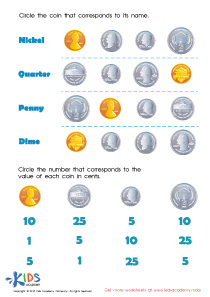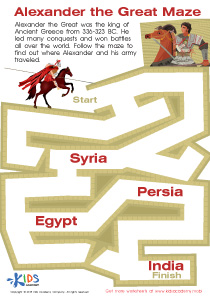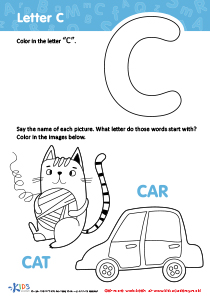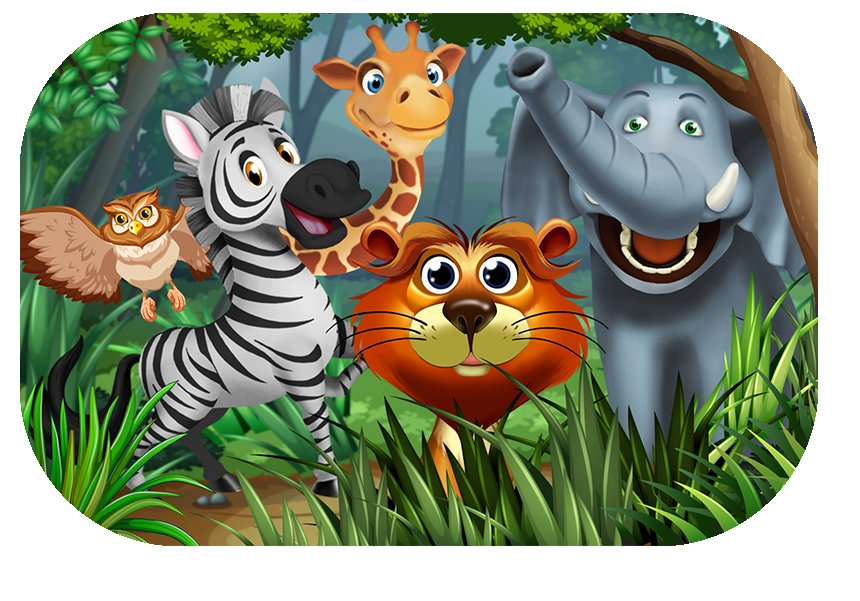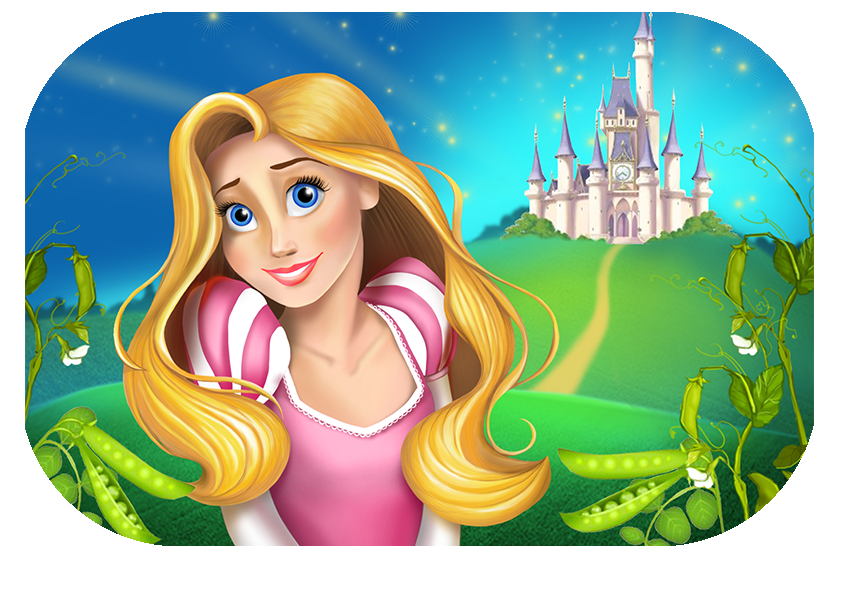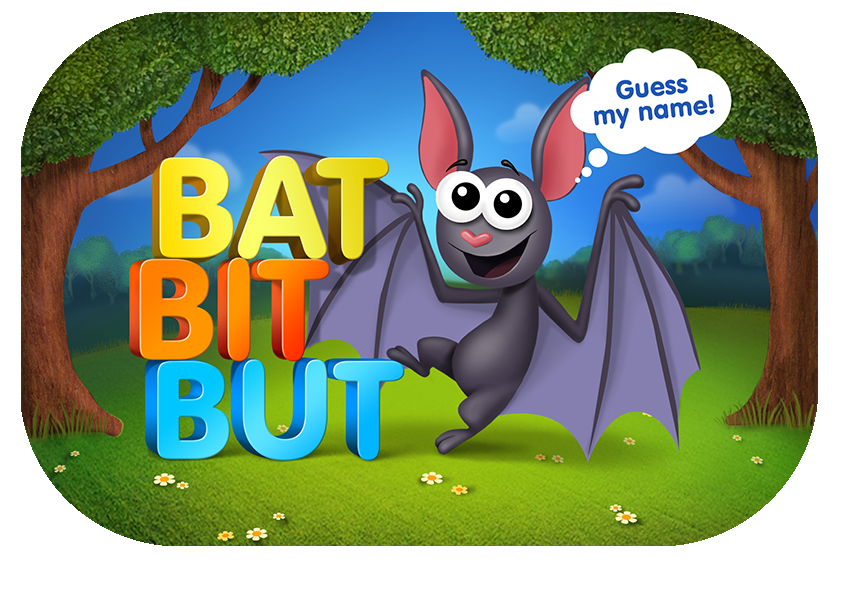English Language Arts Lessons | Vocabulary for Ages 3-4
21 results
Vocabulary Building for Ages 3-4: Interactive Learning Journey
Dive into the vibrant world of words with our Vocabulary for Ages 3-4 course! Designed to enchant and engage young minds, this comprehensive program offers a perfect blend of interactive worksheets, captivating educational videos, and fun assessment quizzes. Tailored for toddlers, our activities foster early language development, enriching your child's vocabulary through playful learning. Watch as they discover new words and expressions, laying the groundwork for effective communication. Join us on this exciting educational adventure, where every lesson is a step towards mastering the magic of language!
In the formative years of a child's life, especially between the ages of 3 and 4, the development of a robust vocabulary is paramount. It's during this critical period that children are most receptive to learning new words and concepts, laying the foundation for successful communication and comprehension skills that will benefit them throughout their educational journey. Our unique approach to enhancing Vocabulary for Ages 3-4 is designed with this principle in mind, employing a blend of interactive worksheets, educational videos, and assessment quizzes that not only engage young learners but also significantly contribute to their vocabulary growth.
Firstly, our interactive worksheets are tailored specifically for children in the 3-4 age group, incorporating vibrant colors, appealing characters, and simple yet stimulating activities that encourage children to connect words with their meanings. These worksheets are not just about memorization; they're about making learning a dynamic and enjoyable experience. By engaging with our worksheets, children learn to identify and use new words, enhancing their ability to express themselves more clearly and understand others more effectively.
Moreover, we understand the power of visual learning, especially for young children. That's why our program includes a series of carefully curated educational videos that complement our interactive worksheets. These videos are not only entertaining but are also packed with educational content that reinforces the vocabulary words introduced in the worksheets. Through catchy songs, engaging stories, and vibrant animations, children are able to absorb new words and concepts in a way that feels more like play than study. This multimodal approach ensures that children remain engaged and motivated, making the learning process both effective and enjoyable.
Assessment quizzes play a crucial role in our vocabulary program as well. These quizzes are designed to be fun and interactive, providing immediate feedback that helps children, as well as parents and educators, understand which words have been successfully learned and which ones might need more review. This continuous assessment is crucial for tracking progress and ensuring that each child's learning journey is as effective as possible.
The benefits of a rich vocabulary in early childhood cannot be overstated. Children with a strong vocabulary tend to perform better academically, as they find it easier to follow instructions, participate in discussions, and understand new concepts. This, in turn, boosts their confidence and motivation to learn, creating a positive feedback loop that benefits all areas of their education. By focusing on Vocabulary for Ages 3-4, our program not only helps children build an essential foundation for literacy but also fosters a love of learning that will accompany them throughout their academic careers and beyond.
In conclusion, our comprehensive approach to vocabulary development for children aged 3-4, through interactive worksheets, educational videos, and assessment quizzes, offers a balanced and effective method for enhancing early language skills. By making learning engaging and accessible, we aim to equip young learners with the tools they need for academic success and lifelong enrichment.


